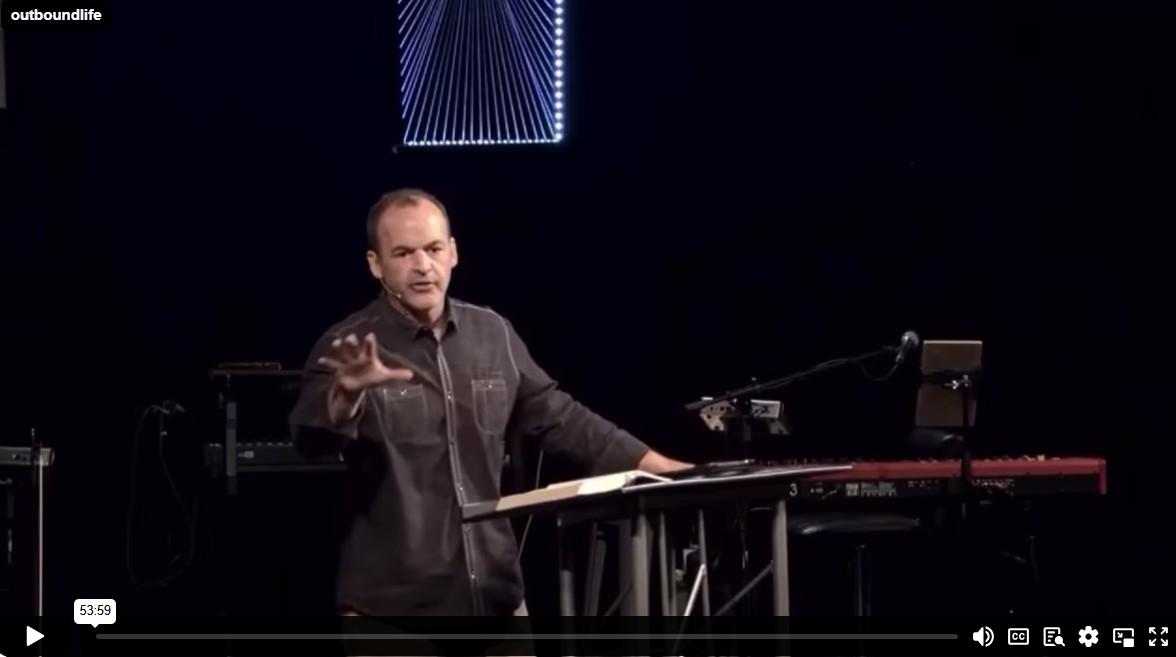“Sticks’ and stones’ may break my bones, but names will never hurt me.”
An old adage I heard on the play ground. The truth of it could not be more wrong.
The reality is many can manage through physical issues, but the emotional wounds of words spoken are often more devastatingly handicapping. This truth can be seen in our daily lives and is a military tactic that has been used for thousands of years.
One of the most clearly documented events was a famous military campaign. One that we don’t often associate with as a war of words. The actual turning point was when someone finally responded against the words that were being spoken.
A War of Words
The story takes place a few thousand years ago when two armies lined up on two hill sides facing each other with a valley in between. The attacking army had lost many times to their adversary, but this time they started with a different strategy. The battle started the attacking army launching a verbal barrage, until their opponents began to believe the words spoken. These words broke their true identity, bringing them to their knees in fear.
I Samuel 17, continues the story with ONE man of war presenting himself before his adversary. He shouts across the valley, “Why have you come out to battle? Am I not a Philistine, and you the servants of Saul?” He then continues to challenge just one man to come and duel with him to determine the outcome of the battle. The area to note is the words he uses, “I am a Philistine and you are the servants of Saul.” Saul has lost his mojo and Goliath uses it to degrade the whole army. (Note: Goliath did not address them as Israel, but as servants of the weak king.)
This would not be that significant if it happened only once. But, what happens when we hear words over and over? “And the Philistine drew near and presented himself forty days, morning and evening (I Samuel 17:16).” Eighty times over a forty day period he began to break away the true identity of the soldiers of Israel into a cowardly bunch, “When Saul and all Israel heard these words of the Philistine, they were dismayed and greatly afraid (I Samuel 17:11). “
David’s Story
We later know how the story turns out with David’s sling and a stone, but just before he took on Goliath he responded first to the armies of Israel, “For who is this uncircumcised (no identity or covenant with God) Philistine, that he should defy the armies of the living God (I Sam 17:26)?” (Side note: When you take a resolve, those around you may not embrace you right away. In fact, they may think you are arrogant or ego driven, as David’s brothers did in 17:28.) Then David stood against the words of Goliath, which deeply infuriated him, “Am I a dog, that you come to me with sticks?” (Ironic note: David used words, sticks and stones to defeat the Philistine army). When you stand against the enemies words, it strips their influence.
Then David struck the real blow, “You come to me with a sword, with a spear, and with a javelin. But I come to you in the NAME of the Lord of Hosts (of angelic armies), the God of the armies of Israel, whom you have defied (I Samuel 17:45).” Then David proceeded to TELL him what he was going to do and what the birds will be eating at the end of the day. Then David ran at him and slew him as he SAID.
Identity
Even in this story, we can often get lost focusing on a boy, a sling and a giant. The story is really about a people becoming overwhelmed with what was spoken over them and losing sight of who they really were. They began to look at the broken things of their world (Saul) as their source of identity. They were deeply wounded by words and their source, producing a more devastating affect than the physical damage of war. The battle was finally won when “WHO they were and WHOSE they were” was put into the right perspective. Even the soldiers of Israel, “arose and shouted, and pursued the Philistines (I Sam 17:52).”
When we accept God’s grace to raise us into our positions, even those around us who were once weakened, will discover their strength to stand and move forward. David turned the words that tied them to a weak identity of a broken man. He turned them towards the source of their real identity, their Father God.
Take note of your day and what words have you been coming through your ears and rolling around in your mind. These words can become more damaging than sticks and stones. Recognize the source, then respond boldly with the truth of “Who you are and whose you are!”
Blog “Wounds and Our Identity”
Podcast “Discovering and Living From Your True Identity”



